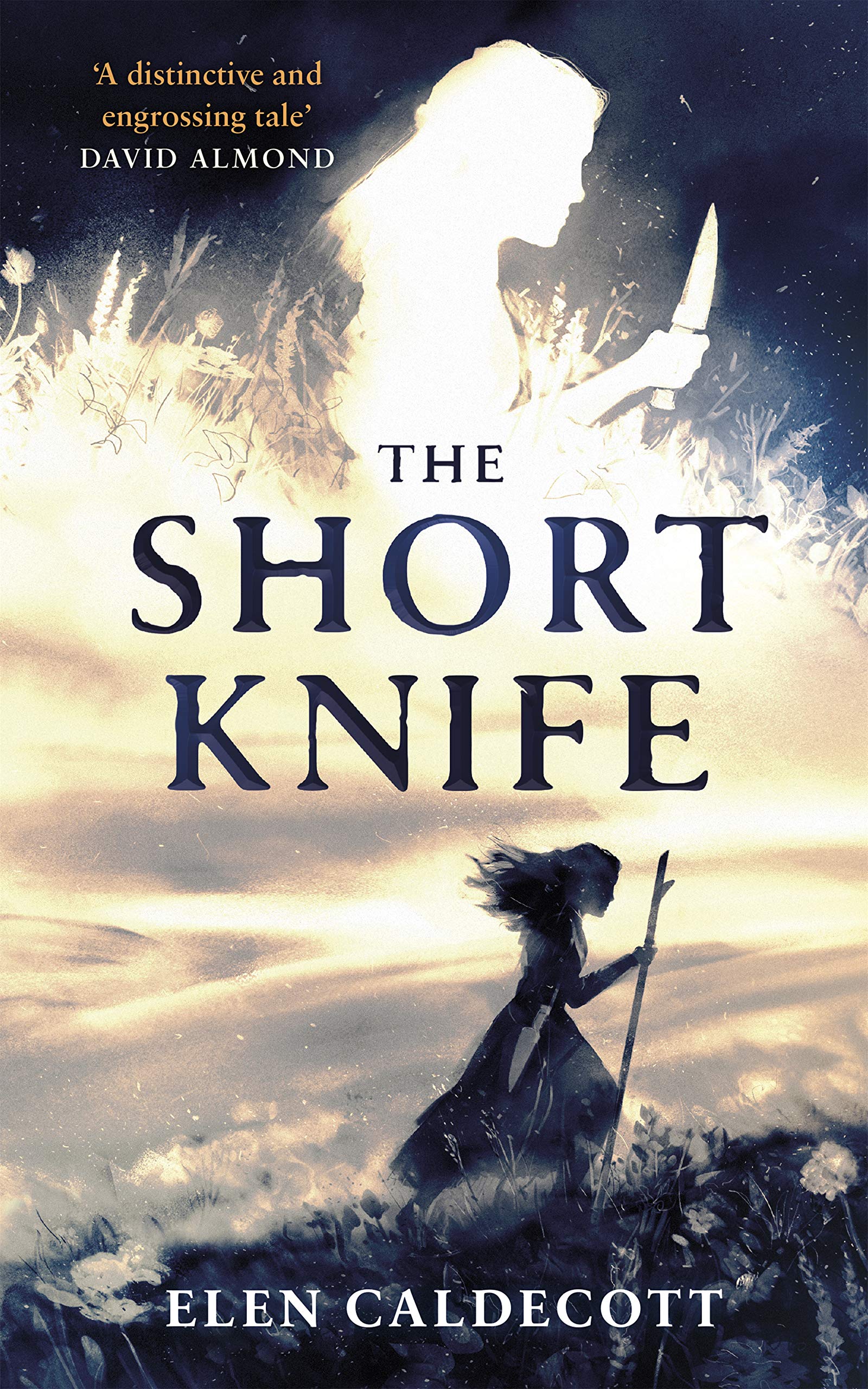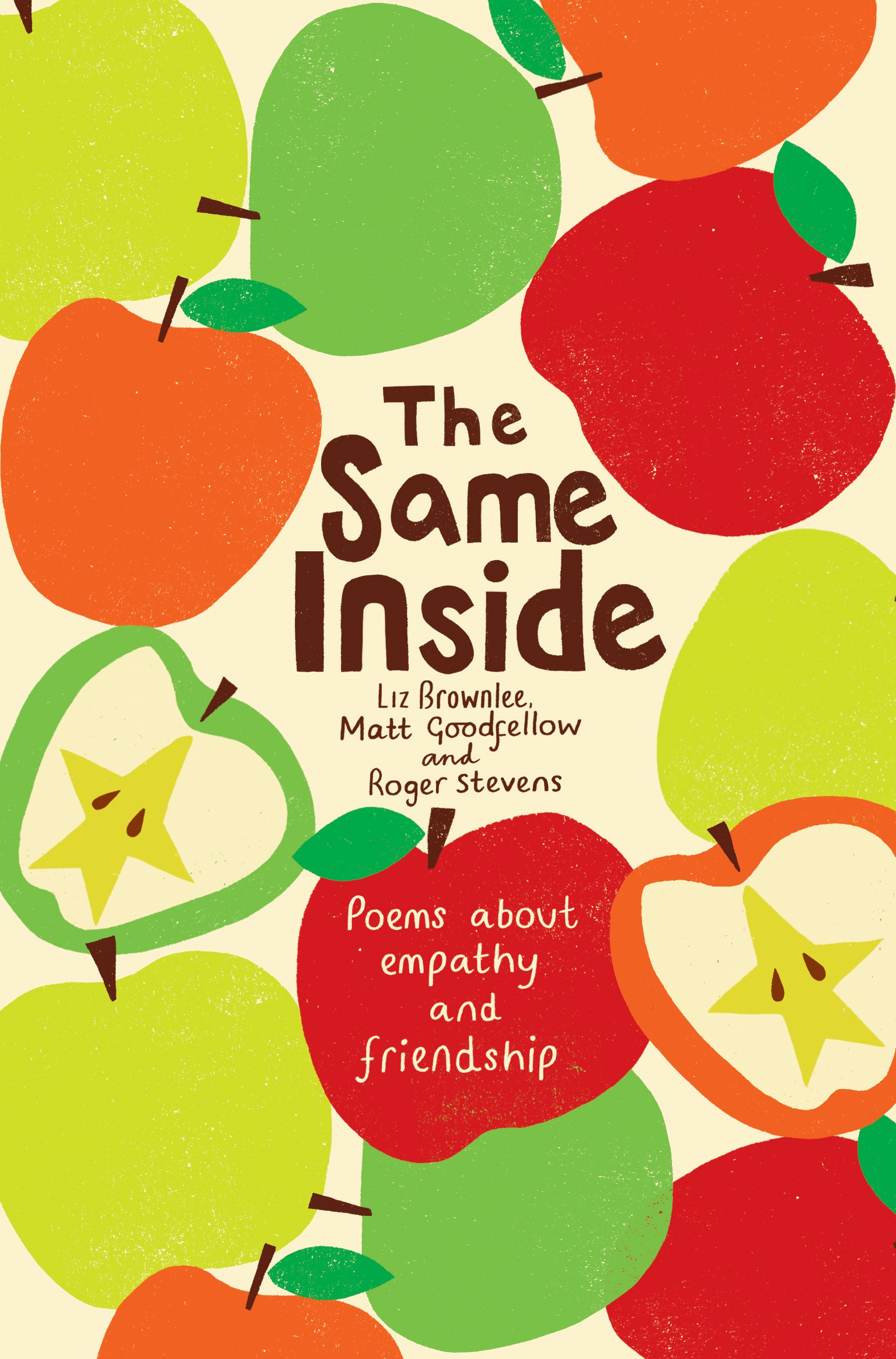I is for Ibis
This fabulous photo of a feeding sacred ibis was taken by Jeremy Thompson on Flikr. I only found two photos of such an excellence to illustrate the poem and post, the other is further down! Neither are creative commons and are used by permission.
Sacred ibis are large wading birds, with beautiful white (but black edged, seen when in flight) feathers, and naked black necks, beaks, and legs.
They came by their name as they were considered the embodiment of the God Thoth in ancient Egypt. Thoth was often represented with a human body and ibis head, and was the God of wisdom, knowledge, words and writing.
Thoth being also associated with the moon, it is thought that the curved beak of the ibis reflected the crescent moon, and the ibis’ white and black feathers represented the white flames of wisdom and the darkness of knowledge.
They also afforded the people of Egypt protection – they fed on and kept down the population of a certain water snail that carried a liver parasite, and the birds appeared just before the annual floods arrived, serving as warning.
Even nowadays ibis are helpful to farmers as they rid crops of pests – but then they are also at risk from pesticide use.
Sadly, sacred ibis are now extinct in Egypt, due to habitat destruction, poaching and insecticide use, but they are very adaptable and will even scavenge to find food where it is available on rubbish tips, and this adaptability is ensuring their success in other areas.
Ibis are gregarious birds and live in flocks of 20 or more.
Here is the other wonderful sacred ibis photo, taken by Michael E Leay-Owhin, also on Flikr, used by permission.
Sacred Ibis
.
Grows from
rumpled feathers
the ibis chick
.
long black legs
to carry it
.
long black toes
to grasp the creek
.
long black beak
curved to make
.
the reach
of the ibis
in the lake.
.
© Liz Brownlee
.
If you would like to blog hop to another A-Z Challenge blog, please use this link: A-Z
.
Information from:
Image by Jeremy Thompson on Flikr, used by permission.
Prose and Poem © Liz Brownlee, all rights reserved, not to be used in any manner whatsoever without the permission of the author.
- Posted in: A-Z Blog Challenge 2016 ♦ Animal Magic - the book ♦ Animals ♦ Poems ♦ Sustainability
- Tagged: animal, myths, nature, poem, poetry, Sacred Ibis, science, wildlife



























Not only a beautiful poem but those photos are amazing
LikeLike
Thank you, Typer! The photos are down to Jeremy Thompson and Michael E Leay-Owhin, who very kindly both gave me permission to post their copyrighted photos. It really helps people see what I see when the photos are as good as this!
LikeLiked by 1 person
I love the poem. I like the image “long black toes / to grasp the creek…” there’s a great music in this poem.
LikeLike
Thank you so much! 🙂
LikeLike
Beautiful. I’ve never even heard of an Ibis. Are they on the endangered species list?
LikeLike
This sacred ibis is extinct in Egypt, and threatened wherever it is by pesticides etc., but there are enough of them to make the species as a whole classified as ‘Least Concern’ by the IUCN Red List. However there are species of ibis that are very endangered, for example just two of them, the Northern bald ibis is Critically Endangered, and the Asian ibis is also one of the world’s most endangered with a classification of Endangered by the IUCN.
LikeLike
Ah, you chose the beautiful sacred ibis for your I post – how lovely. Fabulous pics, fabulous poem!
Susan A Eames from
Travel, Fiction and Photos
LikeLike
Aww, thank you, Susan!
LikeLike
What a beautiful animal! I never heard of the Ibis before. What rich history too. The photos you chose are amazing — love the reflection in the water of this magnificent bird! Love your poem too…
Michele at Angels Bark
LikeLike
🙂 Thanks, Michele! I love the name, ‘ibis’, it sounds full of history, and in fact the word ibis comes from Latin ibis, which came from the Greek ἶβις which came from the Egyptian hb, hīb. So it really is the original word for the bird.
LikeLike
Thoth, god of moon, magic and writing – clearly inspiring your A -Z.
LikeLike
Thank you, Celia! I started early this year so have had a bit more time! x
LikeLiked by 1 person
Interesting information and a great poem,Liz.
LikeLike
The reflection of that ibis in your first photo looks like a hippo – I thought I was reading the wrong page for a minute!
LikeLike
It took me a few goes,but I can see it now – looking out between the beaks and he legs!
LikeLike
What a lovely poem, and fabulous info about Ibis.
LikeLike
Thank you, Deborah!
LikeLike
What a lovely theme!
LikeLike
Thank you, Tracey! I’m enjoying writing it.
LikeLiked by 1 person
I always liked this bird because it does seem so different and yet familiar. I like that poem and you always hit the right tone
LikeLike
You are kind, Birgit! I tried to imagine what it would be like to hav such a large beak sticking out in front of me and decided it would be extremely irritating at the computer!
LikeLike